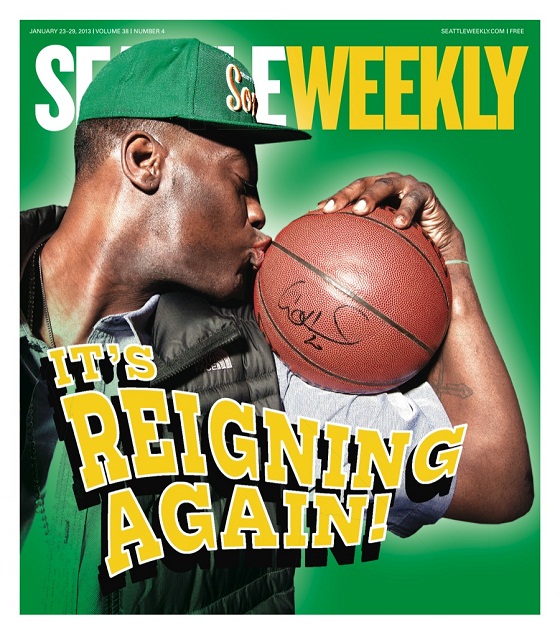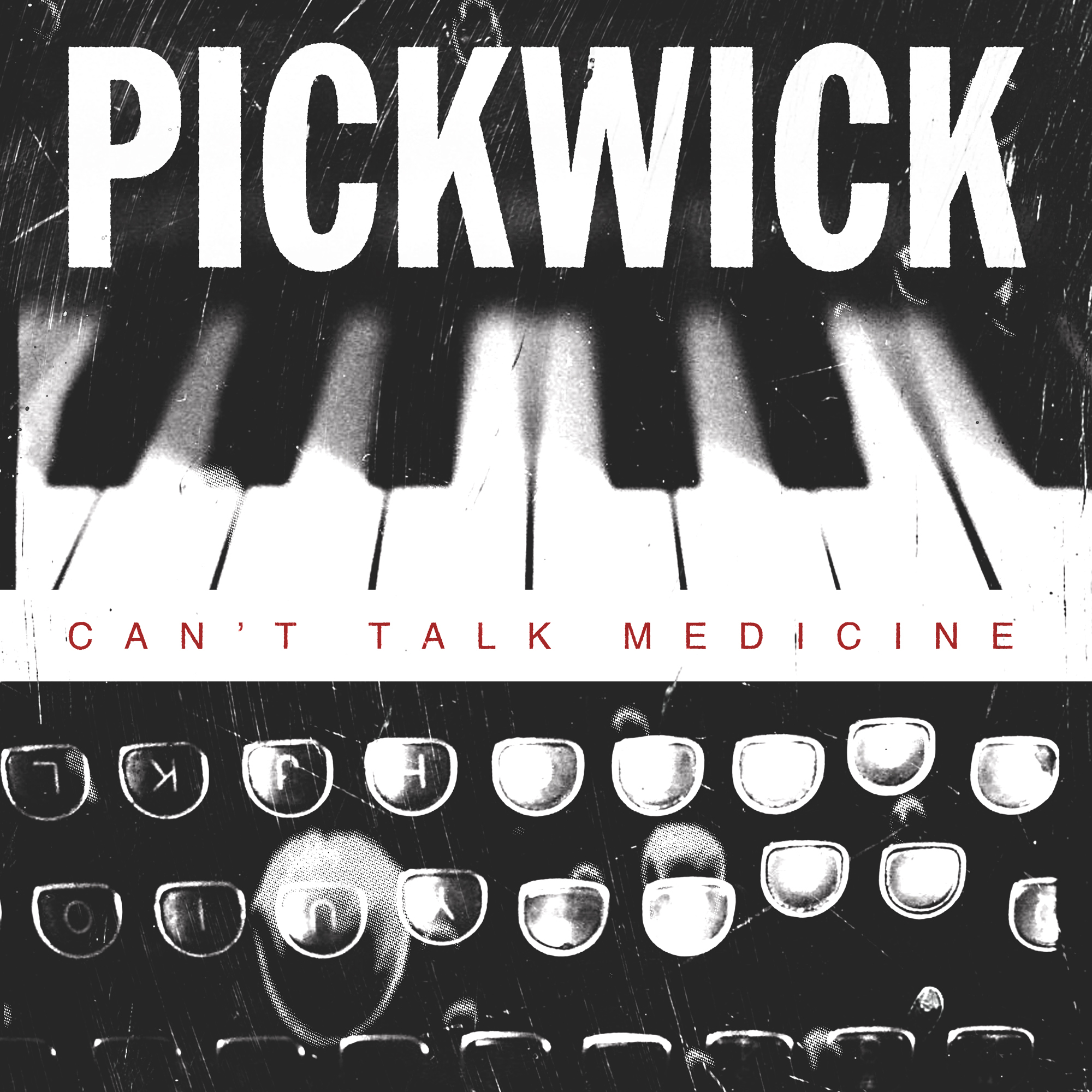Shannon Stephens’ latest album, Pull It Together, was released in May.”We’re gonna be all right, baby, we are still young . . . At least we have white skin. Baby, we have rich friends . . . Those kinds of connections can pay . . . “
–Shannon Stephens, “Faces Like Ours,” 2012The first few times I heard Shannon Stephens’ “Faces Like Ours,” I was frustrated that she would soil a deeply moving melody with verses about white guilt. As I listened to it more, however, the tongue-in-cheek words “We’re gonna be all right” started to make me feel thankful, and somewhat comforted. Thankful that I won the life lottery and was born in a country with (imperfect) infrastructures for education and health care. It reminded me of something Blondie’s Debbie Harry told me earlier this year: “People in this country live very well, very, very well, compared to the rest of the world,” she said. “I think that most people in this country don’t really realize that. Even people that are in deep financial trouble live better than most people in other countries.”Stephens says the song is about privilege, inspired by her “internal process of just seeing who I am in the world and why some things have been easier for me throughout my life than [they] have been for other people.” She says that comfort is not the emotion she had in mind when she wrote it, yet that’s where I’ve landed.It’s not just a function of race, or of being born in the lower, middle, or upper class. We’re all fortunate to live in a country where our fellow citizens do not riot and murder in opposition to art and free speech; where musicians–gay and straight–are free to stand up proudly for same-sex marriage rights, as the local music community has done with the Music for Marriage Equality coalition.One of music’s most enduring attributes is its ability to take on various meanings for various listeners, often differing from the author’s intent. When Tom Morello tells Rage Against the Machine fans like Paul Ryan that they don’t “understand” Rage if they espouse conservative values, he’s putting a limit on his music and his listeners.Macklemore and Ryan Lewis’ “Same Love” was written in support of the rights of same-sex couples to marry. But the song is reaching beyond the core of listeners sympathetic to the Seattle-based duo’s message. The track, with the help of new friends like Rolling Stone and Ellen DeGeneres, is hitting people who disagree with its message. In the end, isn’t that the most important audience?”Music opens doors,” Bart Cameron, frontman of Seattle band the Foghorns, told me recently. “If you find yourself playing to people who look like you, you’ve probably done something wrong.”







